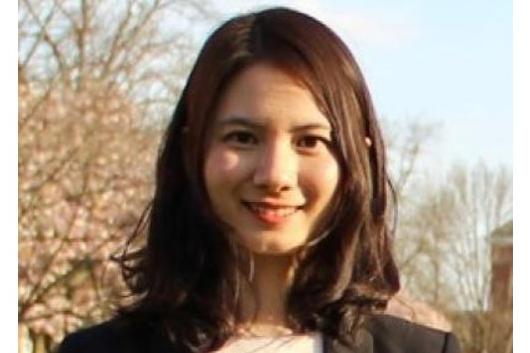
Speaker
Abstract: Recent advances in artificial intelligence, particularly transformers and large language models, are significantly enhancing genomic and biomedical research. In this talk, first, I will introduce Lamian, a statistical framework that integrates Bayesian hierarchical modeling with functional data analysis to model temporal gene expression dynamics across multiple single-cell RNA-seq samples. Next, I will discuss Methylformer, a transformer-based deep learning model designed to predict whole-genome DNA methylation landscape by combining gene expression and DNA sequencing data. Finally, I will highlight our recent work on leveraging LLMs for cell type annotation and biomedical image classification, as well as our efforts in developing a foundation model for epigenetics data. These approaches demonstrate the growing potential of AI in advancing our understanding of gene expression, regulation, and broader biomedical applications.
Biography: Dr. Wenpin Hou is an Assistant Professor in the Department of Biostatistics and an affiliated member of the Data Science Institute at Columbia University. Her research integrates statistical machine learning with genomics, focusing on single-cell genomics, epigenomics, and spatial transcriptomics, as well as the mathematical modeling of gene regulatory networks. Dr. Hou is also pioneering the application of artificial intelligence models in genomics. She has received NIH Maximizing Investigators' Research Award (MIRA) for Early Stage Investigators (R35) in 2023 and the NIH Pathway to Independence Award (K99/R00) in 2021. She earned her Ph.D. in Mathematics from The University of Hong Kong and completed her postdoctoral training at Johns Hopkins University.
Zoom Link: https://duke.zoom.us/j/96972500007